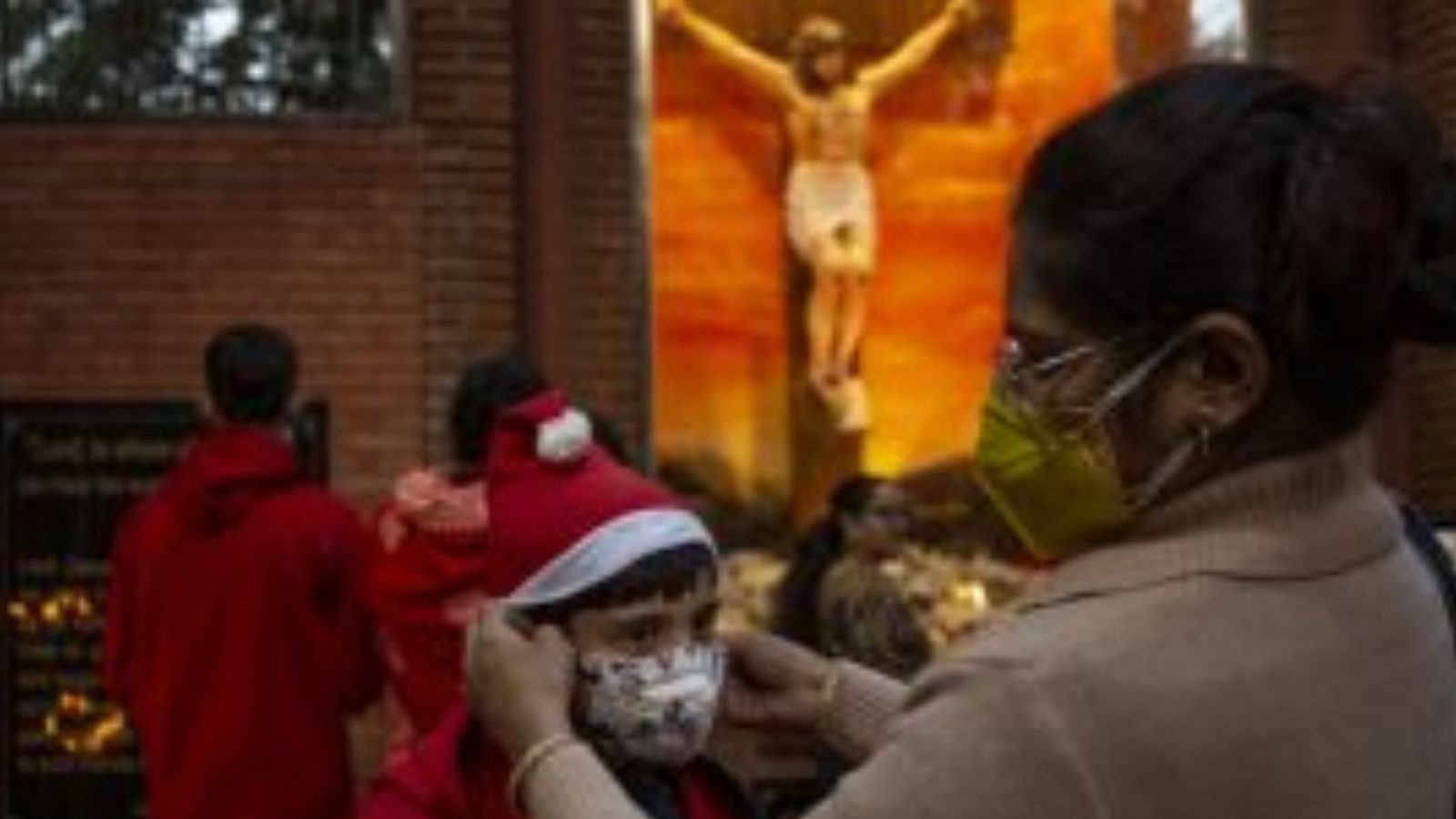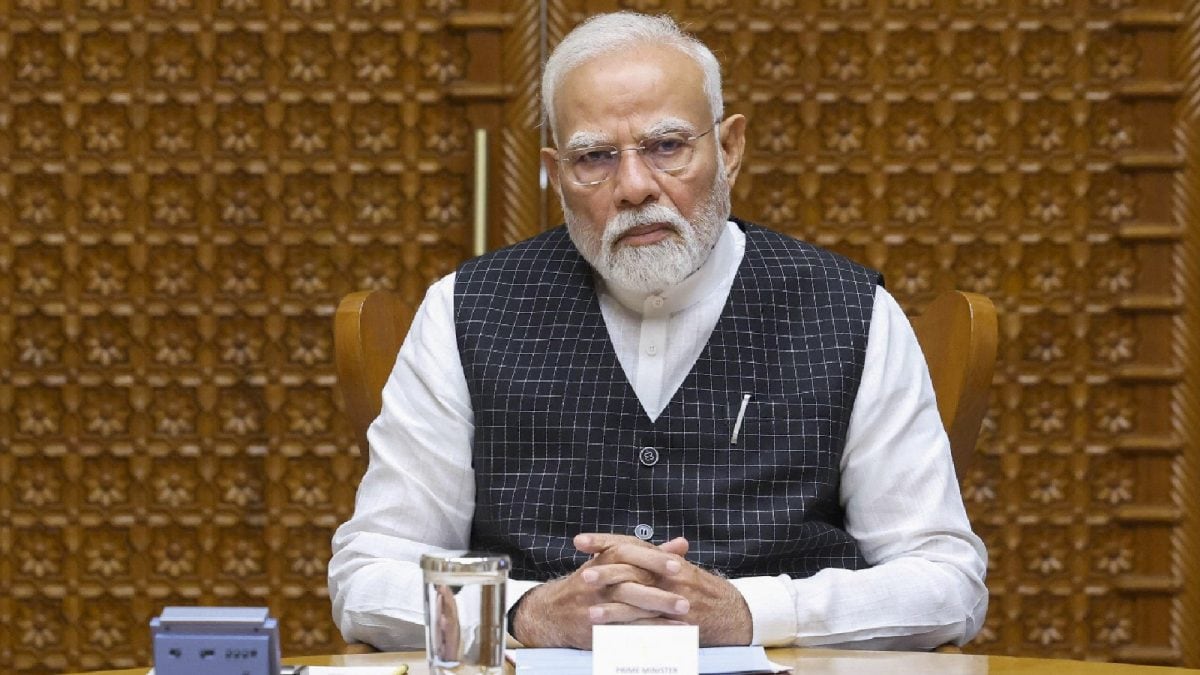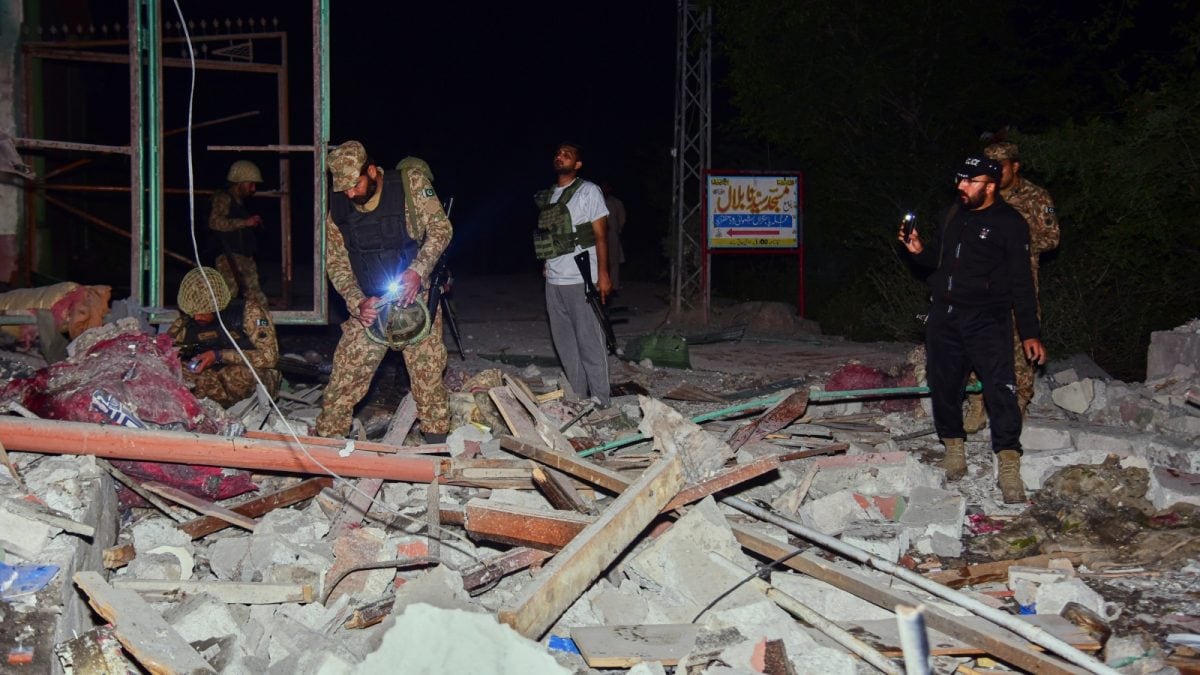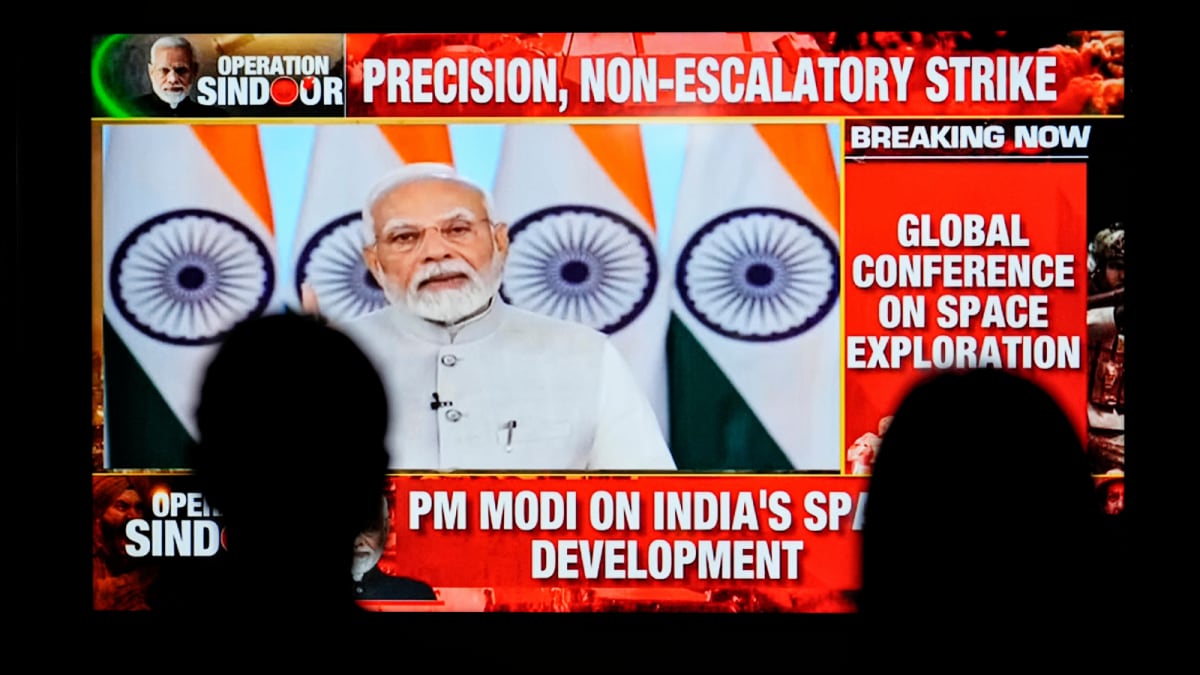A Few Bad Apples from Christian, Hindu Communities Will Not Alter My Commitment to India

At the onset let me state this fact as clearly and as bluntly as possible: I am an Indian Christian. India is my motherland. And I am not a persecuted Christian in India.
I read with intrigue the recent New York Times article, ‘Arrests, Beatings and Secret Prayers: Inside the persecution of India’s Christians’. Not too long ago I faced vicious attacks on social media and phone calls to my family from certain sections of the Christian community when I questioned the veracity of a statement made by an Archbishop from Delhi. He opined that “Christians are in danger in India”, and I disagreed with him.
Last week I disagreed with yet another Archbishop, this time from Karnataka, on my TV show, when he said: “Not a good time now to be a Christian in Karnataka.”
The reason I disagree with some of the messages of the Catholic Church leaders is because while they think they are highlighting a growing concern for the Christians, which they should, the matter of a few cases of Christian persecution cannot be generalised to be the plight of all Christians in India.
More importantly, Church leaders fail to understand that statements like “Christians in danger in India” and “Not a good time to be a Christian in Karnataka” are not helping the Christian community; instead, it is spreading fear and accentuating the feeling of helplessness of living their Christian beliefs in India.
Just as a Hindu is a son or daughter of Bharat Mata. So is a Christian. Religion does not define our nationalism and it should never be allowed to define our nationalism.
Sadly, through their statements, Church leaders target the Narendra Modi-led BJP government that is portrayed as a Hindu majority political party. But in all fairness, Prime Minister Modi and BJP is not the problem; it is the conversion that is the real trigger to the disharmony between Christians and Hindus in India.
There is no doubt that there have been a few untoward and condemnable acts being committed by some groups that see themselves as the torchbearers of the Hindu beliefs and cultures in India. These acts of mobocracy by a few are not the mindset of the majority of Hindus that co-exist with people of varied religious beliefs in India, especially with Christians.
The reason behind the growing conflict between Hindus and Christians in a few pockets of India is the issue of conversion, mostly forced or coerced conversions. Nine states — Uttar Pradesh, Uttarakhand, Madhya Pradesh, Himachal Pradesh, Gujarat, Chhattisgarh, Odisha, Jharkhand and Karnataka — have brought in the Anti-Conversion Bill. The law has been introduced to keep in check the growing concerns over conversions in India.
Religious freedom is every citizen’s constitutional right. You are free to live your faith in India, as long as you respect the faith of other citizens. Proselytising the Christian faith while demonising Hindu and Hindu faith is against the very Constitution that gives you the freedom to profess your Christian faith in India.
The recent attacks by mobs that see themselves as the torchbearers of Hindu beliefs must be condemned and authorities must act against such acts of religious intimidation and brutish behaviour. Similarly, authorities must also act against those Christian missionaries who commit acts of religious intimidation and coercion to convert Hindus to Christianity.
Just like a gardener plants seeds across a garden in hope of seeing seeds grow into trees and bear fruits, Christian evangelists have over the years sowed the Christian faith through the planting of Churches across India. The focus of most of the Christian missionary organisations operating in India is the Dalit community.
Christian evangelists target the downtrodden and marginalised with promises of better education, healthcare and job security on becoming a Christian. The prerequisite to a better life in this world according to their teaching is the acceptance of Jesus and the Christian faith. Thereby sowing the seeds of doubts in their minds about their existing religious beliefs and linking prosperity in life to another religious faith.
Mocking and deriding Hindu beliefs is the fulcrum around the missionary activities of some of the Christian organisations. They are exploiting the lacunas present due to some social anomalies in Indian society and the failures of successive governments to uplift the marginalised in India. They see it as a doorway to undertake their religious conversion agenda.
However, social concerns cannot be solved by religious conversions or Churches; it can be solved by good governance and equal rights under the Constitution of our nation, and not religious indoctrination.
Christian conversions and Christian prayer healing services have been mushrooming all across the country. Some Christian pastors at their prayer services have resorted to openly insulting Hindu religious beliefs. A noted Christian, Mohan Lazarus, in a preaching service sometime in 2018 called Hindu temples “Satan’s strongholds”. Lazarus owns Tamil television channel Sathiyam TV and is known for making insulting remarks against Hinduism and Hindus repeatedly, including respected Hindu spiritual leaders.
Gospel for Asia in its report on India opined “Most of the people are under the bondage of Satan. Please pray that the Lord may break the stronghold of Satan, which has blinded the eyes of many people.” Some Christian missionary organisations do not hide their derision for Hindu gods and beliefs. They consider Hindu beliefs to be Satanic and therefore their mission is to deliver the people of India from the bondage of Satan.
It is wrong to term the conflict in India arising out of the growing concern over conversions and demonisation of Hindu beliefs by the Christian missionaries as persecution of Christians. This sort of generalisation further creates a divide between the two religious communities. Hindus, just as Christians, have every constitutional right to protect their religion under the laws of the land.
However, it is also important for my Hindu sisters and brothers to understand that Christianity does not refer only to the Catholic Church. Christianity is professed and preached by several Christian religious denominations in India but not everyone indulges in forced or coerced conversions. It is unfair to brandish every Christian organisation as having a religious conversion agenda. For example, Catholic Church in India runs several educational and healthcare initiatives across the country, where people of all faiths come. It does not mean that all such initiatives are undertaken to lead people of other faiths to convert to Christianity. Some of the finest leaders in our nation in different walks of life have been educated in such Christian institutions. They have not been converted.
Conversion is a reality and it must be kept under watch. However, it goes against the social fabric of our nation to resort to mobocracy to resolve a religious issue. We need laws and adherence to laws.
I do not agree with acts of a few overzealous torchbearers of Hindu beliefs just as I do not agree with acts of a few overzealous torchbearers of Christian beliefs, who think it is their life’s duty to convert Indians into Christianity.
I am an Indian Christian. I live in India with my parents, my wife and my two daughters in the freedom my country offers us. A few bad apples from the Christian and Hindu communities will not alter the values learnt from my Christian beliefs. Neither will it alter my commitment as an Indian to my nation, nor will it deter me from seeing my Hindu sister and brother as members of the same family of our great Mother India.
The writer is founder and editor-in-chief, GoaChronicle.com. The views expressed in the article are personal and do not represent the stand of this publication.
Read all the Latest News, Breaking News and Coronavirus News here.
Source link






